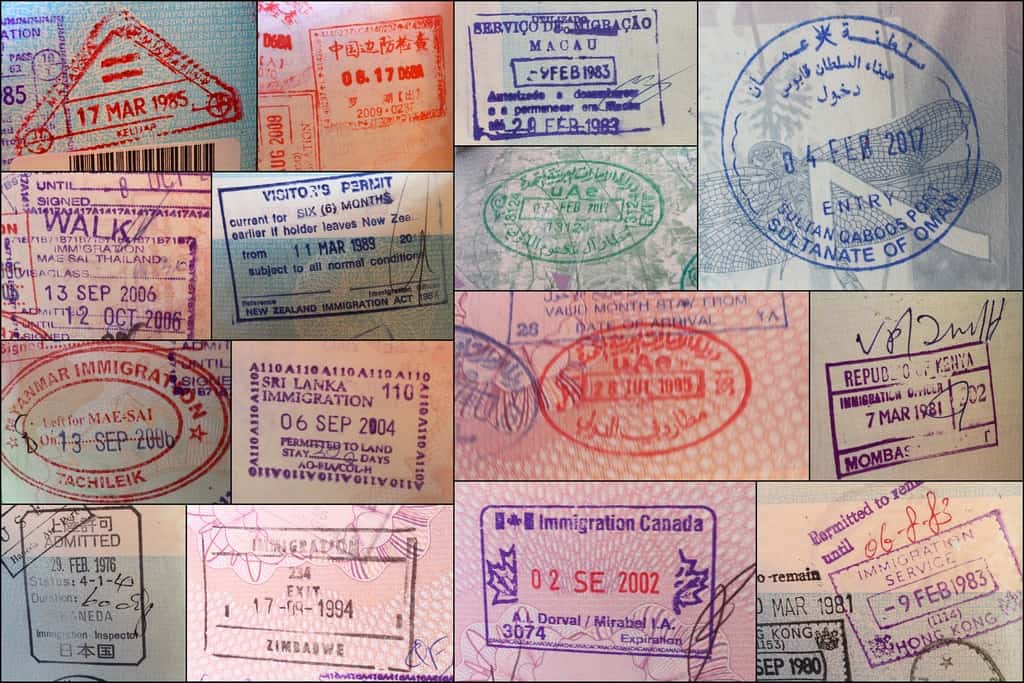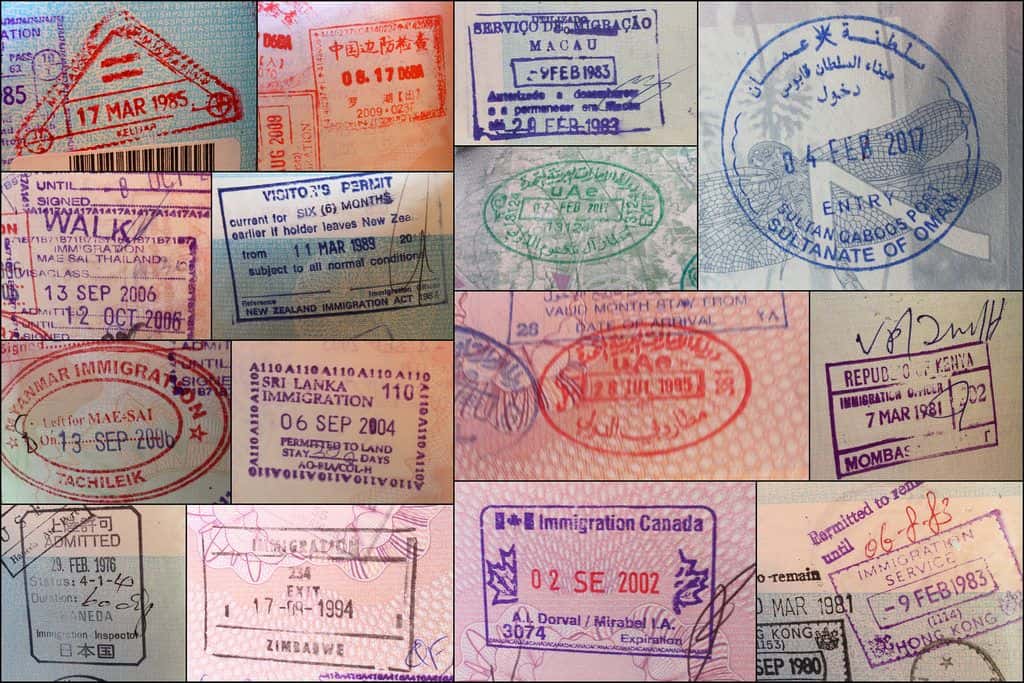
Photo credit: Ian Halsey Passport Stamps_Earlsdon_Coventry_Mar17 via photopin (license)
Getting your Visa is crucial to your entire holiday traveling plans or at least a portion of your global tour schedule. While many claim that getting your Visa isn’t as hard, thing can be quite different when it comes to having your nerves and emotions work against you. If you aren’t going to go the ESTA USA route at https://www.e-visa-usa.com you’re definitely going to need to make the best out of your Visa interview if you’re hoping to carry out your dream vacation schedule.
So that being said, here they are, the top tips you need to know about before going to your Visa interview. Taking a mental note of all these tips will improve your chances of success tenfold and almost guarantee you a spot on the next flight.
Focus heavily on the way you dress
There won’t be a whole lot of things that the interviewers will be able to observe about you. They will see how you look and they will ask you different questions to see how you talk and how you think. Going back to the first one, make sure you put plenty of emphasis on how you look. First impressions are very important to how you will be perceived for the remainder of the interview.
Try and wear something else rather than your usual “casual” clothes. A suit or dress will be ideal but if you’re really not comfortable wearing either of them, make the best out of your wardrobe or go shopping for a new outfit. There are plenty of outfits that mix business and casual and result looks really nice and compelling.
Keep your emotions in check
Don’t lose your nerve and most importantly, don’t give off the fact that you’re nervous. There are some things that everybody does when they’re nervous such as constantly tapping your leg with your hand or fingers, tapping your foot or just flickering your eyes a lot. These signs will subconsciously or even consciously tell the interviewers that you’re really nervous about being there. That’s the complete opposite of what you want to transmit in terms of emotions.
The actual conversation
When it comes to the actual interview, keep some things in mind. First, only answer the question that you were asked and restrain from “blabbering on” unnecessary details. Limiting your answer to precisely what you were asked will work in your favor best. Also, don’t ask questions that aren’t necessary or aren’t even related to the subject at hand.
When it comes to a difference of opinions try not to argue because that will never go your way. No matter what you answer, be polite about it. It’s very important to be perceived as friendly rather than anything else.



